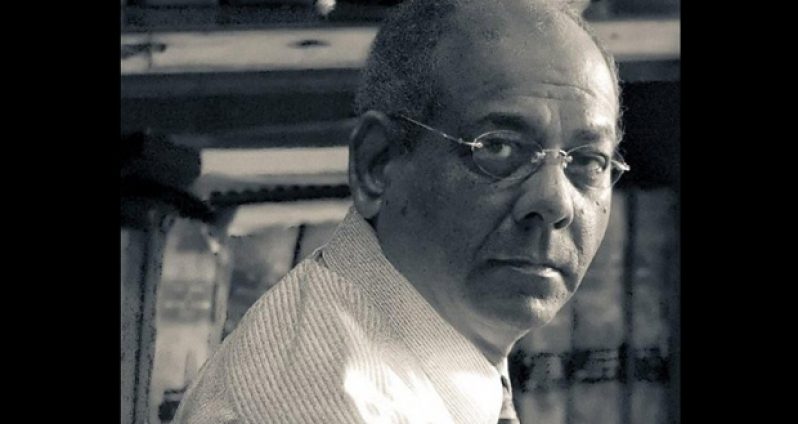FORMER Speaker of the National Assembly, Ralph Ramkarran, is of the view that there is no compromise in Guyana’s political culture, but there rather exists dominance.This view was expressed in his weekly blog, “The Conversation Tree”, which was published on Saturday.
According to Ramkarran, it is not surprising that Guyana’s two main political parties “cannot agree on anything”.
To support this contention, he referred to the two unsuccessful attempts that were made by the parties in the past to cooperate at the local government level.
In 1994, he said, the parties agreed to share the position of the Mayor of Georgetown. However, when the PPP’s turn came, the PNC “reneged on the agreement”.
Similarly, in the 2006 regional elections, he noted, the two parties obtained an equal number of seats in Region Seven. An agreement to share the post of chair was subsequently discarded by the PNC/R when the elections took place.
And at present, there is a similar situation, wherein the two major parties – PPP and APNU+AFC – have recorded ties in six local authority areas following the March 18 Local Government Elections (LGE). Faced with a deadlock, the PPP reportedly proposed that the Mayor and Chairpersons of the NDCs should rotate annually.
According to Opposition Leader Bharrat Jagdeo, he was told that President Granger had approved the agreement. He further asserted that the decision was revoked by the Government, which proposed that three of the six bodies should be led by APNU and three by the PPP.
Minister of Communities, Ronald Bulkan, made no comment on the alleged agreement, but appeared to have confirmed the Government’s position of three-three.
Bulkan subsequently appointed heads of all six bodies, stating that this was decided on after the PPP rejected the Government’s proposal.
DOMINANCE
Given these developments and those which would have been recorded in history, Ramkarran noted, it is to the credit of the PPP that even with the experiences of the past, it sought to address the current impasse by compromise. However, he was keen to note that it should not be assumed that the quest for political dominance resides only with APNU.
“Dominance, not compromise, rules Guyana’s politics,” he stated in his blog.
A former longstanding member of the PPP, Ramkarran noted that dominance is so ingrained in Guyana’s political culture that it can be taken to illogical levels.
“When the PPP won the Government with only a plurality of votes in the 2011 elections, it was assumed that the natural outcome would have been a coalition Government, as it would have been in any other part of the rational world,” he said.
He noted that the PPP’s position was clear — that it was prepared to be out of Government rather than stay in the Government and share it with one or both opposition parties.
NOT SURPRISING
“This attitude demonstrated the extent to which the principle of dominance, starting almost from the dawn of our modern political history, had become an integral part of Guyana’s political process. APNU’s recent posture on seeking unilateral advantages in resolving the outcome of the elections in the six areas is therefore not surprising,” Ramkarran added.
Given the recent appointments by the minister, Ramkarran opined that this is likely to present another opportunity for compromise, since the appointments were not in accordance with the law.
“Since on this view the ministerial appointments cannot stand, APNU and the Government will have an opportunity to reconsider the compromise proposed by the PPP, or some other reasonable resolution, before calling election for Mayor and Chair for the six areas,” he said.



.jpg)









